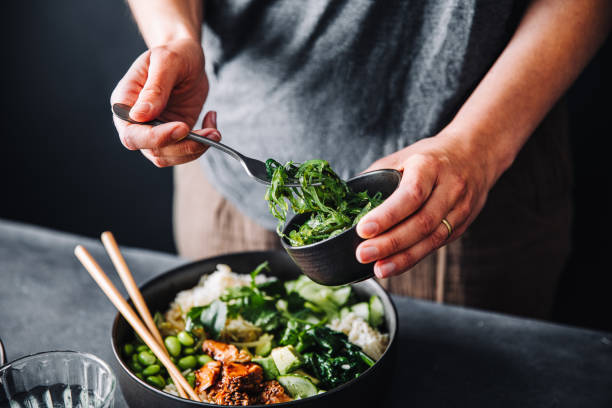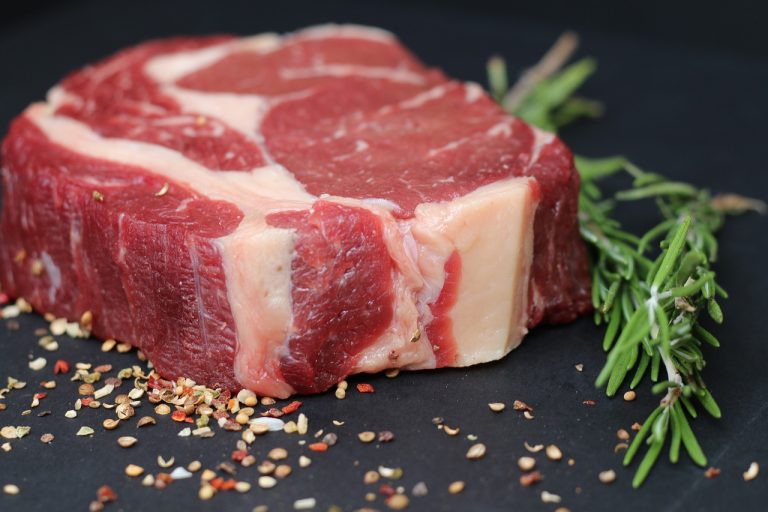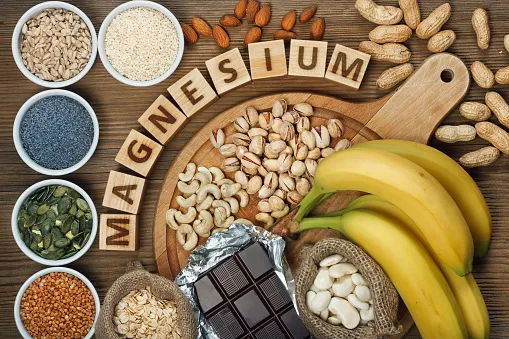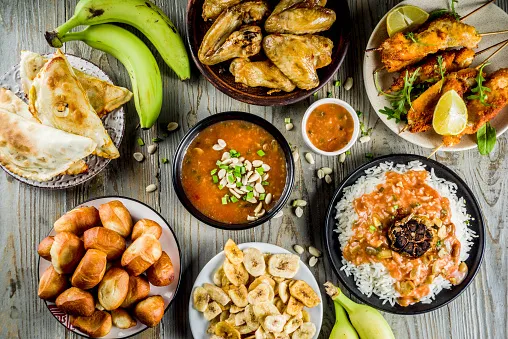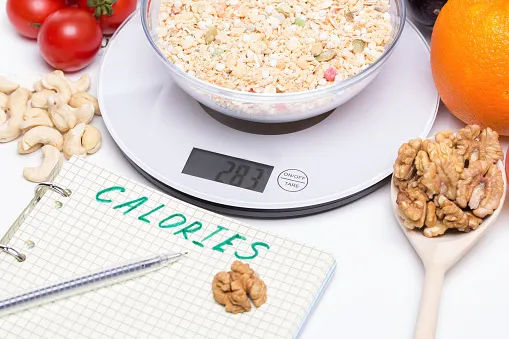Top 10 Low-Calorie Foods In Nigeria
In this article, we will discuss the top 10 low-calorie foods in Nigeria. We will provide information on the calorie content and nutritional value of these foods and offer suggestions for how to incorporate them into your diet. By including these low-calorie foods in your diet, you can maintain a healthy weight and promote good health.
Low-calorie foods are those that are relatively low in calories compared to other foods. These foods can be an important part of a weight loss or weight management plan, as they can help you control your calorie intake and maintain a healthy weight.
However, it’s important to note that it’s not just about the calorie content of food, but also about the nutrients it provides. It’s important to include a variety of healthy, low-calorie foods in your diet to ensure you are getting all the nutrients you need.
In Nigeria, there are many low-calorie foods that can be incorporated into a healthy diet. These foods include fruits, vegetables, legumes, whole grains, lean proteins, and healthy fats. They can be used in a variety of dishes and can help you feel full and satisfied while controlling your calorie intake.
Top Low-Calorie Foods In Nigeria
It’s important to include a variety of low-calorie foods in your diet to ensure you are getting all the nutrients you need. These foods can help you maintain a healthy weight and promote good health. Here is a list of the top 10 low-calories in Nigeria:
Fruits
Many types of fruit are low in calories and high in nutrients. They are also a good source of fiber, which can help you feel full and satisfied. Some low-calorie fruit options include apples, oranges, strawberries, and watermelon. They are one of the low-calorie foods in Nigeria.
Fruits are a good source of vitamins, minerals, and antioxidants, which are essential for maintaining good health. They can be eaten fresh, dried, or frozen and can be used in a variety of dishes, such as smoothies, salads, and fruit salads.
Vegetables
Leafy greens, such as spinach and kale, and non-starchy vegetables, such as broccoli and bell peppers, are low in calories and high in fiber. These types of vegetables can help you feel full and satisfied while providing essential nutrients. They are one of the low-calorie foods in Nigeria.
Vegetables are a good source of vitamins, minerals, and antioxidants and are an important part of a healthy diet. They can be eaten raw, cooked, or roasted and can be used in a variety of dishes, such as soups, stews, and stir-fries.
Legumes
Beans, lentils, and chickpeas are all low in calories and high in protein and fiber. They are one of the low-calorie foods in Nigeria. They are a good plant-based source of protein and can be used in a variety of dishes.
Legumes are a good source of protein, fiber, and other nutrients and are an important part of a healthy diet. They can be used in a variety of dishes, such as soups, stews, and salads, or can be ground into flour and used in baked goods.
Brown rice
Brown rice is a whole grain that is lower in calories than white rice and is a good source of fiber. It can be used as a base for stir-fries, salads, or other dishes.
Brown rice is a whole grain that is higher in nutrients and fiber than white rice. It has a nutty flavor and can be used as a base for stir-fries, salads, and other dishes.
Oats
Oats are low-calorie, whole grain that is high in fiber. They can be cooked and eaten as porridge or used in recipes such as oatmeal cookies or granola bars.
Oats are low-calorie, whole grain that is high in fiber and nutrients. They can be eaten as hot cereal or used in recipes such as oatmeal cookies or granola bars.
Nuts
Nuts, such as almonds and peanuts, are low in calories and high in healthy fats and protein. They can be eaten as a snack or added to salads or other dishes for an extra boost of nutrients.
Nuts are a good source of healthy fats, protein, and other nutrients and can be eaten as a snack or added to dishes for a crunchy texture.
Chicken breast
Chicken breast is a lean protein that is low in calories and fat. It can be grilled, baked, or added to salads or other dishes for a protein boost.
Fish
Many types of fish, such as cod, halibut, and salmon, are low in calories and high in protein. They are one of the low-calorie foods in Nigeria.
They can be grilled, baked, or added to soups or stews for a protein-rich meal. Fish is a good source of protein and essential nutrients, such as omega-3 fatty acids. It can be grilled, baked, or added to soups or stews for a protein-rich meal.
Tofu
Tofu is a low-calorie, plant-based protein that can be used in a variety of dishes. It is a good source of protein for those following a vegetarian or vegan diet.
It can be used in a variety of dishes and has a subtle flavor that takes on the flavors of the ingredients it is cooked with.
Greek yogurt
Greek yogurt is a low-calorie, high-protein option that can be eaten as a snack or used in recipes as a substitute for sour cream or mayonnaise.
It is a good source of protein and can help you feel full and satisfied. They are one of the low-calorie foods in Nigeria.
It’s important to note that it’s not just about the calorie content of food, but also about the nutrients it provides. It’s important to include a variety of healthy, low-calorie foods in your diet to ensure you are getting all the nutrients you need.
Conclusion
Low-calorie foods can be an important part of a healthy diet and can help you maintain a healthy weight. There are many low-calorie foods that can be found in Nigeria, including fruits, vegetables, legumes, whole grains, lean proteins, and healthy fats. These foods are not only low in calories, but they are also high in nutrients and can help you feel full and satisfied.
By including a variety of low-calorie foods in your diet, you can ensure that you are getting all the nutrients you need while controlling your calorie intake. Overall, incorporating low-calorie foods into your diet can help you maintain good health and promote a healthy weight.

